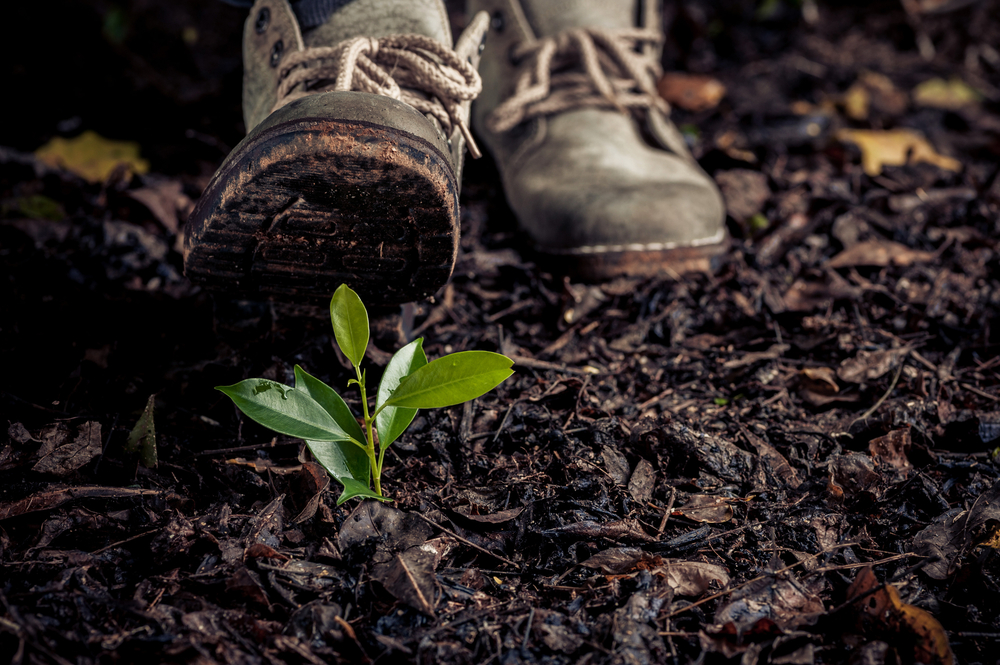With climate change at the forefront of the political and social agenda at the moment, the ecological impact of travel and tourism has become a hot topic. In recent years (but certainly now more than ever before), businesses in the industry have all been looking for ways in which their products and services can be improved, and either made to be more environmentally-friendly, or that open up the option for customers to make more eco-conscious decisions.
In this blog post, we’ve looked at various different ways in which businesses in the travel industry are working to make the industry more eco-friendly, and what trends we can expect to see in 2020.
Hotels
Airbnb has been launching a number of ‘healthy tourism’ initiatives over the years in a bid to earn itself a reputation as being the eco-friendly choice for travellers. This has prompted action from hotels looking to increase their own eco-friendly credentials, such as:
- Use of sustainably-sourced food and drinks in restaurants and switching plastics for alternatives – such as switching out plastic straws with paper straws
- Encouraging reuse of items like towels and bedding by enabling customers to choose whether or not these items are laundered on a daily basis
- Supply chain accountability – considering where items are sourced from and how eco-friendly suppliers are
- Offsetting carbon emissions from the hotel or hotel group
- Harnessing technology – such as upgrading to more eco-friendly televisions, air conditioning units and lighting systems (such as those that turn off electronics when the guest is not in the room).
As a key supplier to many hotel groups – providing print and marketing services from brochures to uniforms, we have also been improving our own green credentials, and advising our hotel group clients on how they can improve theirs. For example, we have a sophisticated ordering platform which allows managers at each hotel to order only what they need – from uniforms to menus – meaning only the items required are printed. This saves the hotel on costs, but also reduces waste. We also utilise electric vans and publish a report on our environmental impact each year, which details the improvements we are continually making.

Flight and Transport Bookings
When looking to book flights, consumers are increasingly interested in how much carbon will be emitted, and what carbon footprint their trip will produce. This has prompted a number of comparison websites such as Skyscanner and Google Flights to label ‘low carbon’ flights – which allows customers to make more conscious decisions.
Taking things one step further, a number of new companies have been popping up, such as flygrn.com – a search engine that offers to offset your flight’s carbon emissions for free when booking through their website.
In the same vein, Uber has also introduced a lift sharing feature into its app, allowing users to both reduce the cost of travel and their carbon footprint by sharing a ride with others.
Commercial and Charity Partnerships
In a bid to both genuinely improve the eco-credentials of a business and attract more customers, some companies in the travel industries have announced partnerships with charities.
One such example is Royal Carribean Cruise Liners, which has partnered with the World Wildlife Federation (WWF) and promised to offer sustainable tours by the end of 2020.
With the environmental and PR benefits of partnerships like these, we’re sure that we will see more partnerships like this announced in 2020.

Accountability
Increasingly, businesses in the travel industry are publishing information that makes them more accountable when it comes to ensuring that local economies benefit from the tourism they create, but also that encourages customers to book by showing the contribution that their booking will make.
One example of this comes from adventure operator G Adventures, which gives holiday packages a ‘ripple score’, which shows the ‘ripple effect’ of the booking and how the proceeds of that adventure holiday will impact the local economy on multiple levels.

What we can expect to see in 2020
In 2020 we can certainly expect more of the above – more charity partnerships, more accountability and more choice for customers – both in the way they can book more eco-friendly options, see the impact of their holiday and make eco-friendly choices while away.
These are the things we will see more immediately, but we will also see more general and longer-term trends emerging, including:
Slow travel
Consumers will slow down their travel experiences – tending to stay in each destination for longer in order to make a deeper, meaningful connection with the culture. This will see tourists venture ‘off the beaten path’ – looking for more authentic experiences. In-turn, this will spread the economic benefits of travel further, as well as lessen the environmental strain put on tourist ‘hot spots’.
Personalised tourism
As retailers move to make the purchase experience personalised, businesses in the travel industry will do the same. This will be done while watching the environmental impact. For example, looking to personalise print materials, but only the exact quantities needed rather than mass ordering. This will also see hotels and travel companies communicate more effectively through marketing to deliver key messages about environmental impact and the positive ‘ripple effect’ their trip has / will have on the local area.
Electric aviation
As has been the case with cars, we can expect to see the future of aviation shift in the 2020 decade to become more sustainable. We expect to see commercial electric flights become a very real prospect – even if only for short-haul travel for now. Watch this space.
If you need more help to make your marketing campaigns and materials more sustainable, or if you’re looking for an accountable printing partner that will see your supply chain become more eco-friendly, then get in touch with the AlphaGraphics team today.




Comment